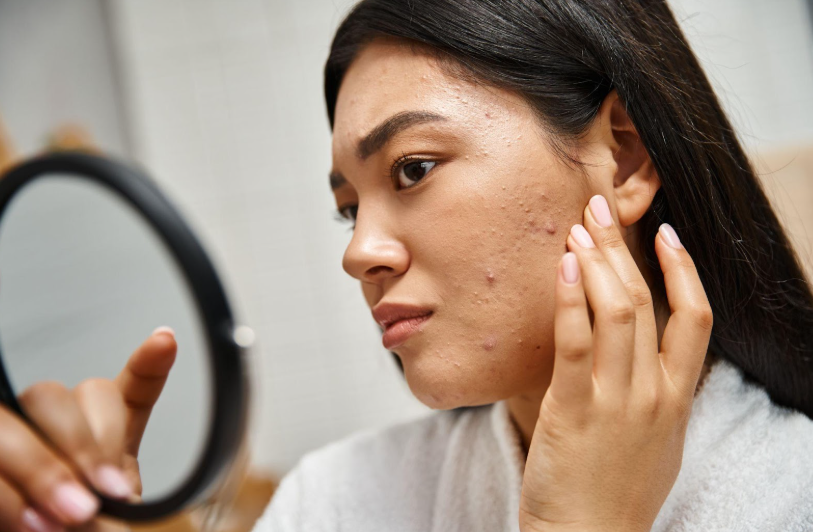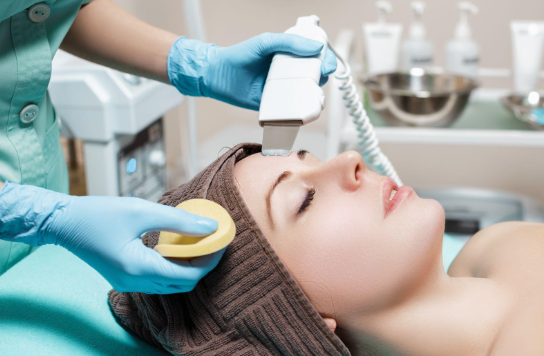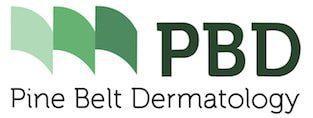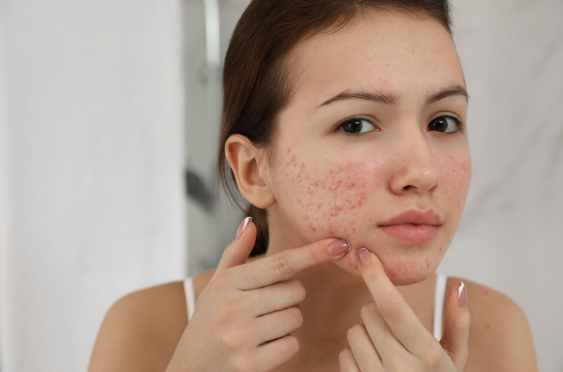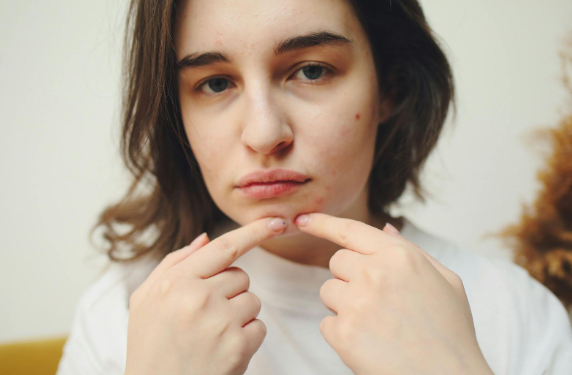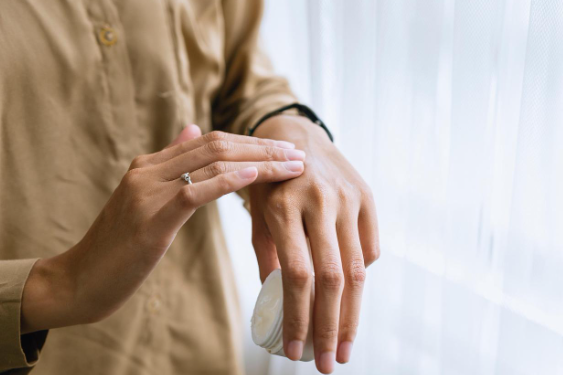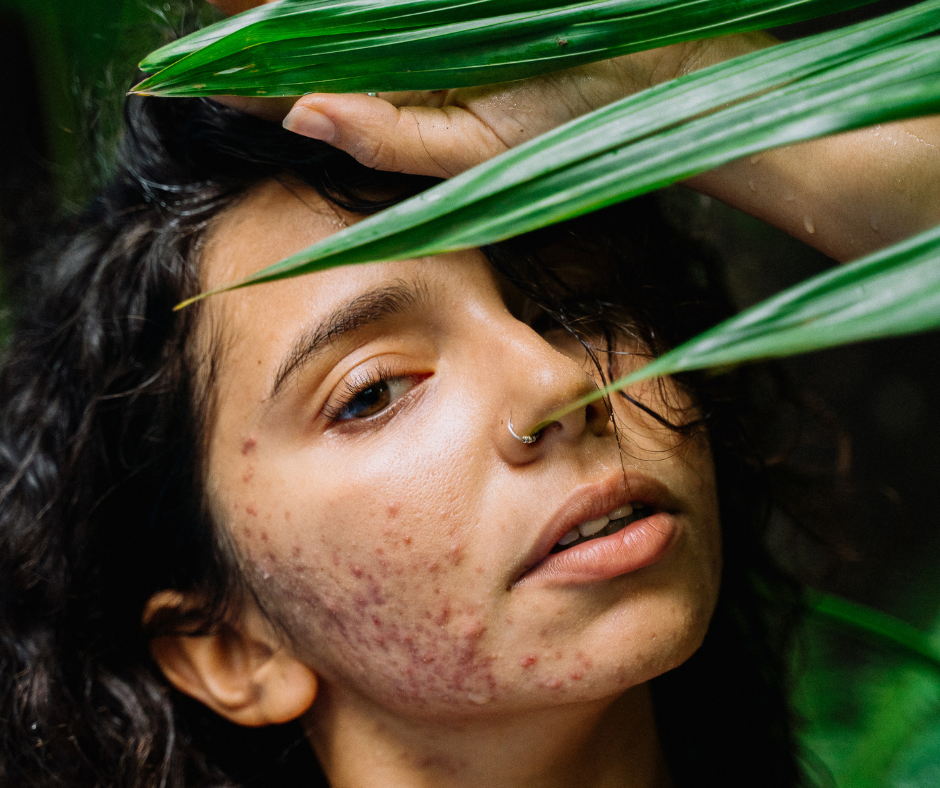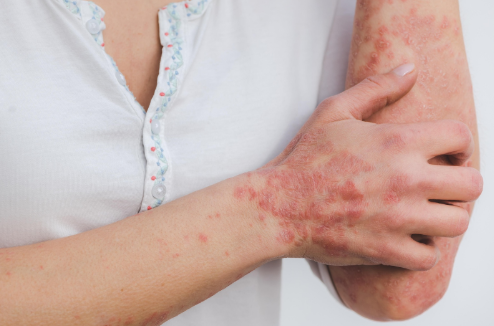At-Home Skin Care: Your Guide to Healthy and Glowing Skin
At-Home Skin Care: Your Guide to Healthy and Glowing Skin

The key to soft and radiant skin often lies in our daily routines. Home-based skincare goes beyond mere daily practice; it signifies a dedication to the well-being of your skin and a much-desired glow. Regardless of whether you're new to skincare or a pro, understanding the foundational principles of home-based skincare holds utmost importance. Keep reading to delve into a customized routine tailored to your skin's individual requirements, guaranteeing a healthier and more radiant complexion.
Know Your Skin Type
Understanding your skin type is the crucial first step in achieving a tailored and effective skincare routine. Normal, oily, dry, combination, and sensitive are the major skin types, and they each have distinct characteristics and behaviors. Your skin is unique, just like you. Determining your skin type can be as simple as observing how your skin feels and reacts throughout the day.
Normal skin boasts balanced hydration, few imperfections, and a radiant appearance. Oily skin tends to be shiny with enlarged pores, while dry skin often feels tight and may display flakiness. Combination skin combines aspects of both oily and dry skin, often with an oily T-zone and drier cheeks. Sensitive skin is prone to redness, irritation, and reactions to certain products.
Recognizing your skin type not only guides you towards the right products but also helps you address specific concerns effectively. Pine Belt Dermatology's experts ensure that you can make informed choices, promoting healthier, happier skin that glows with confidence.
Building a Routine—and Sticking To It!
Your skin will thank you for having a daily regimen and sticking to it. Whether you're a minimalist or a maximalist, a well-rounded routine is your path to healthy and radiant skin. Consistency is the key for any skin care routine to be successful.
Start your mornings with a refreshing cleanse to rid your skin of overnight impurities. Follow up with a gentle toner to balance your skin's pH levels. Hydration is the next step; apply a lightweight moisturizer to lock in moisture and create a protective barrier. Here's the non-negotiable: sunscreen. Shield your skin from the sun's harmful rays with a broad-spectrum SPF.
Your evenings should be all about renewal. Begin by removing makeup and dirt with a thorough cleanse. Apply a targeted treatment like retinol or serum to address specific concerns. Finish with a nourishing night cream to rejuvenate your skin while you sleep.
Experts usually recommend tailoring these steps to your skin type and concerns, optimizing your routine for maximum benefits. Remember, consistency is where the magic happens, and with a dedicated routine, your skin will thank you by glowing with vitality.
Some Cleansing Techniques and Tips
Effective cleansing is crucial for maintaining healthy skin, ridding it of accumulated dirt, makeup, and dead skin cells. Proper cleansing prevents clogged pores, breakouts, and dull complexion. Tailoring cleansing techniques to one's skin type optimizes results. For oily skin, a foaming cleanser helps manage excess oil, while dry skin benefits from cream cleansers that provide hydration. Gel cleansers strike a balance for combination skin, addressing oily and dry areas. Delicate skin benefits from mild, fragrance-free cleansers to avoid irritation. Adopting the right cleansing routine involves gentle circular motions to stimulate blood flow.
For sensitive areas, like those around the eyes, use a dedicated makeup remover. Double cleansing, starting with an oil-based cleanser followed by a water-based one, is ideal for thorough cleansing. By selecting suitable cleanser types and techniques, one can achieve skin that's not only clean but also radiant and well-nourished.
The Power of Exfoliation
Exfoliation is your skin's reset button, essential for unveiling a fresh and vibrant complexion. By sloughing away dead skin cells, exfoliation unclogs pores, refines texture, and stimulates cell turnover, leading to smoother, brighter skin.
Two main methods—physical and chemical exfoliation—offer distinct benefits. Physical exfoliation uses gentle scrubs to manually remove dead cells, while chemical exfoliation employs acids like glycolic or salicylic acid to dissolve them.
Finding the right balance is key. Over-exfoliation can lead to irritation. Experts suggest exfoliating 1-3 times a week for most skin types. Opt for mild exfoliants to begin with and adjust based on your skin's response.
Regular exfoliation, aligned with your skin's needs, is a transformative step. As you unveil the renewed radiance beneath, you'll be welcoming healthier, happier skin.
Sun Protection Is Non-Negotiable
Sun-protection isn't just a summer affair—it's a year-round commitment! Regular usage of sunscreen is your best defense against premature aging, sunspots, and even skin cancer.
Sunscreens can usually be classified into two—physical and chemical. Physical sunscreens sit on the skin's surface, deflecting UV rays with ingredients like zinc oxide or titanium dioxide. Chemical sunscreens, on the other hand, absorb and neutralize UV radiation.
Selecting the right SPF (Sun Protection Factor) depends on your skin type and sun exposure. A broad-spectrum SPF of 30 or higher is generally recommended. For oily skin, opt for a lightweight, non-comedogenic formula.
Remember, applying sunscreen is the grand finale of your morning routine. Allow it to fully absorb before stepping out. Consistent sun protection is an investment in your skin's health, ensuring it remains vibrant and youthful for years to come.
Healthy Lifestyle Habits for Radiant Skin
Radiant skin is more than skin-deep; it reflects your overall health and well-being. The relationship between lifestyle choices and skin health is profound. Let's delve into the crucial factors that impact your skin's radiance and vitality.
Diet: A
balanced diet rich in antioxidants, such as vitamins A, C, and E and omega-3 fatty acids is necessary to counter oxidative stress, inflammation, and premature aging. These nutrients protect skin cells from the damage caused by UV radiation and environmental pollutants, resulting in a healthy and clear complexion..
Hydration: Maintaining proper levels of hydration is vital for maintaining skin elasticity and suppleness. Medical research published in the Journal of Clinical, Cosmetic, and Investigational Dermatology emphasizes the importance of adequate water intake in preventing dryness and promoting a youthful appearance.
Stress Management: Chronic stress increases the release of cortisol, a hormone that can negatively impact skin health. Stress-induced inflammation can lead to skin issues like acne and eczema.
Studies
have reported that meditation, yoga, or deep breathing practices can improve skin conditions.
Sleep: Quality sleep is essential for skin repair and regeneration. Sleep deprivation can lead to decreased skin barrier function, resulting in increased water loss and vulnerability to external irritants.
By adopting a lifestyle that prioritizes a balanced diet, proper hydration, stress management, and quality sleep, you're not only promoting overall health but also nurturing the radiant skin you desire.
DIY Home Remedies - Yay or Nay?
When addressing the topic of at-home skincare routines, it becomes almost inevitable to touch upon the realm of homemade skincare solutions. Ranging from concoctions crafted in your kitchen to the utilization of natural ingredients, these approaches pledge affordability and a feeling of empowerment within your skincare regimen. Nevertheless, it is of utmost importance to carefully assess the advantages and disadvantages of such DIY remedies.
Pros of DIY Home Remedies:
Cost-Effective: DIY treatments are often more budget-friendly than commercial products, making them accessible to many.
Natural Ingredients: Many DIY recipes use natural ingredients, potentially reducing exposure to synthetic chemicals.
Customization: DIY allows you to tailor treatments to your specific skin concerns and preferences.
Cons of DIY Home Remedies:
Lack of Regulation: DIY recipes are not regulated, which means there's no quality control or standardized formulations.
Risk of Irritation: Natural doesn't always mean safe. Ingredients like lemon juice or essential oils can be harsh and cause skin irritation or allergies.
Ineffectiveness: Some DIY remedies lack scientific backing, making their efficacy uncertain.
While DIY options like honey masks or oatmeal scrubs can be safe and effective for some individuals, it's essential to proceed with caution. Patch testing is vital to check for adverse reactions, and if you have specific skin concerns, consulting a dermatologist is advisable. Striking a balance between DIY and professionally formulated products ensures that you enjoy the best of both worlds in your skincare journey.
When to Consult a Dermatologist
Consult a dermatologist if skin problems like acne, eczema, or unusual rashes persist despite over-the-counter treatments. Monitor new or changing moles, as they could—rarely, but possibly—indicate skin cancer. Chronic conditions like rosacea or vitiligo may require ongoing management. Seek help for severe allergic reactions, hair or nail concerns, and suspicious growths. Regular skin cancer screenings are vital, especially if you have a family history or risk factors. Prioritize your skin's health with professional guidance.
While at-home care forms the foundation of healthy skin, certain skin concerns may require professional attention. Reach out to a dermatologist if you struggle with persistent acne, unusual moles, or skin conditions that worsen.
Pine Belt Dermatology specializes in intricate skin issues, offering tailored solutions. Combining your diligent at-home routine with their expertise ensures comprehensive care, paving the way for radiant, problem-free skin that reflects both self-care and professional guidance. Ready for your best skin yet?
Schedule your appointment today!
